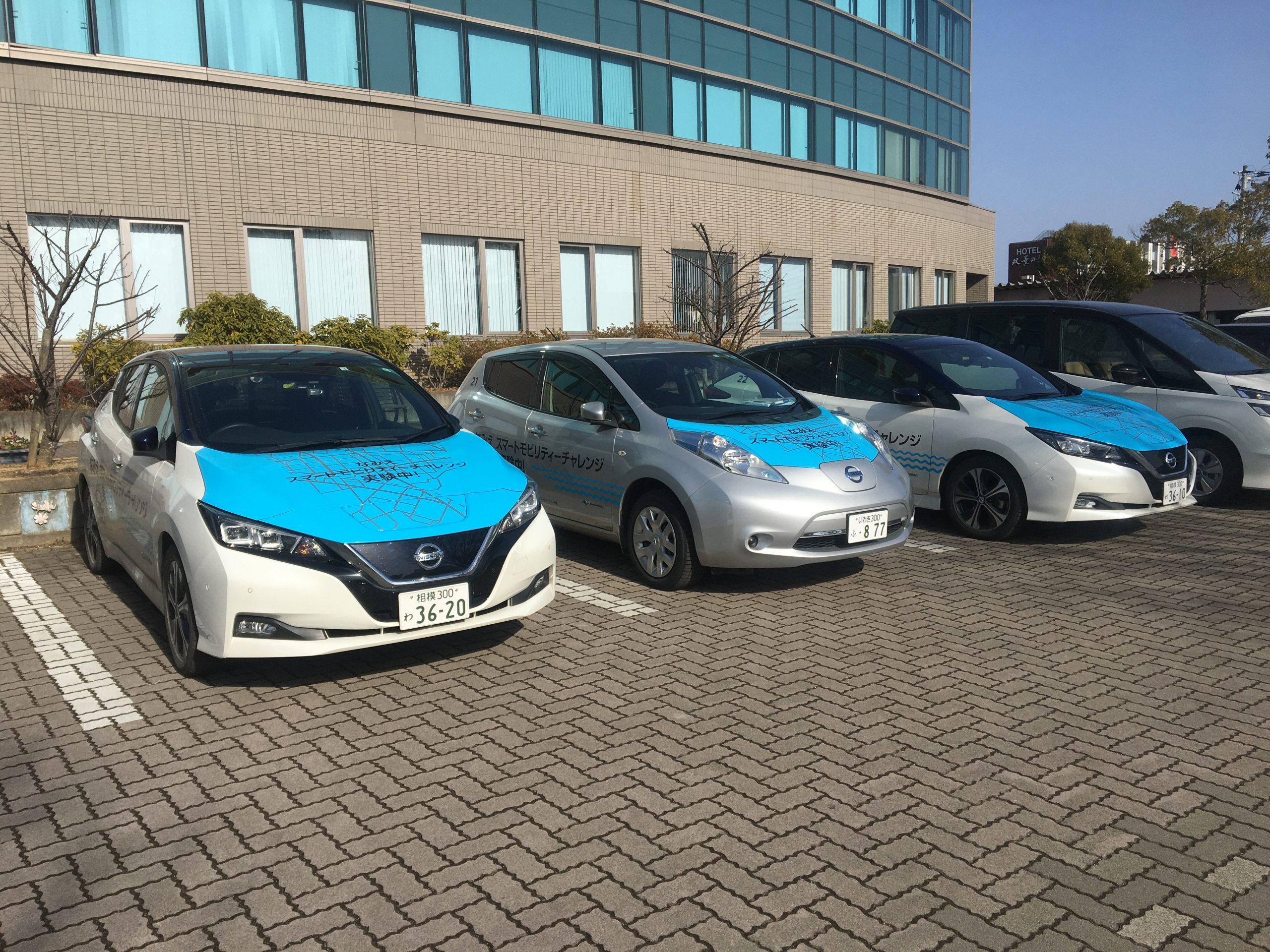Featured
Nissan gears up sustainable future community
Nissan has partnered with local governments in Japan to trial electric and autonomous mobility at a community level.
Share
- Click to share on Twitter (Opens in new window)
- Click to share on Facebook (Opens in new window)
- Click to share on LinkedIn (Opens in new window)
- Click to email a link to a friend (Opens in new window)
- Click to share on Reddit (Opens in new window)
- Click to share on WhatsApp (Opens in new window)
- Click to share on Pinterest (Opens in new window)
Nissan has begun with a field test of new mobility services in partnership with companies and local governments to promote future community building in Japan.
The partnership agreement is between three local governments and eight companies. They aim to collectively develop new modes of transportation and promote the use of renewable energy — in the Hamadori area of Fukushima Prefecture. Their overall goal is to help in developing a sustainable low-carbon community.
Nissan’s involvement in the project is part of the company’s vision of “enriching people’s lives” and goal of having net carbon neutrality by the year 2050.
The field operation tests announced aim to assess receptiveness among residents and visitors to the community of the Hamadori area.
According to Nissan, the tests include operation of an EV shuttle service that runs in a loop around the central district of Namie town in high frequencies, using roadside stations as mobility hubs. This includes running an autonomous vehicle on a route around central Namie. The hubs connect to other vehicles, including personal vehicles, which will serve as “spokes” used for travel to nearby areas.
Additionally, the service supports both passenger and cargo transport. It includes home delivery of packages using “spoke” vehicle such as EV taxis and utilising Japan Post vehicles for delivery, as well as roadside station pickup of purchases from supermarkets.
Nissan’s long-term vision is to create sustainable transportation services that offer convenience and contribute to the economy.
Sustainable energy management
To help create a sustainable, low-carbon community, the partnership initiative includes building an energy management system that uses electric vehicles and stationary rechargeable batteries. It also aims to enhance the use of renewable energy at various facilities.
The participating companies are also set to use their know-how to support projects related to tourism and revitalisation — ultimately aiming to create a more attractive local community.
Additionally, they plan to cooperate to make the community more resilient through the use of electric vehicles to supply power at stores and other sites during disasters.
Creating environmental and social value
Nissan has been working towards reducing CO2 emissions and creating environmental and social value through the commercialisation of electrification and autonomous driving technologies.
The company’s Blue Switch program promotes the use of electric vehicles to address issues related to disaster prevention, energy management, climate change and population declines in Japan. Internationally, Nissan has participated in research and the development of mobility services using automated driving technology in locations such as London and China.
Nissan aims to help realise a sustainable society where people can move and interact freely using electrification and autonomous driving technologies.
Share
- Click to share on Twitter (Opens in new window)
- Click to share on Facebook (Opens in new window)
- Click to share on LinkedIn (Opens in new window)
- Click to email a link to a friend (Opens in new window)
- Click to share on Reddit (Opens in new window)
- Click to share on WhatsApp (Opens in new window)
- Click to share on Pinterest (Opens in new window)
| Thank you for Signing Up |















